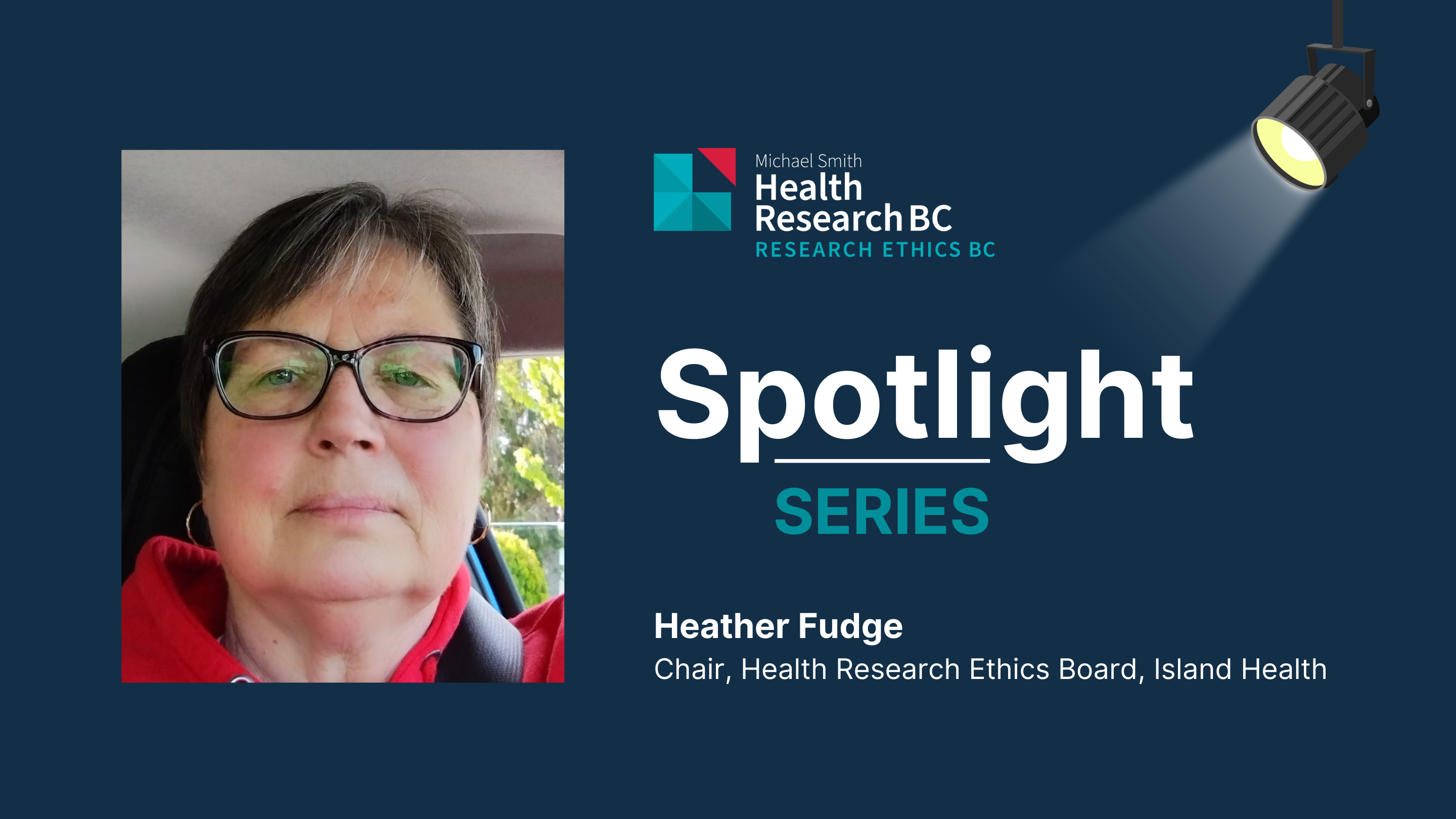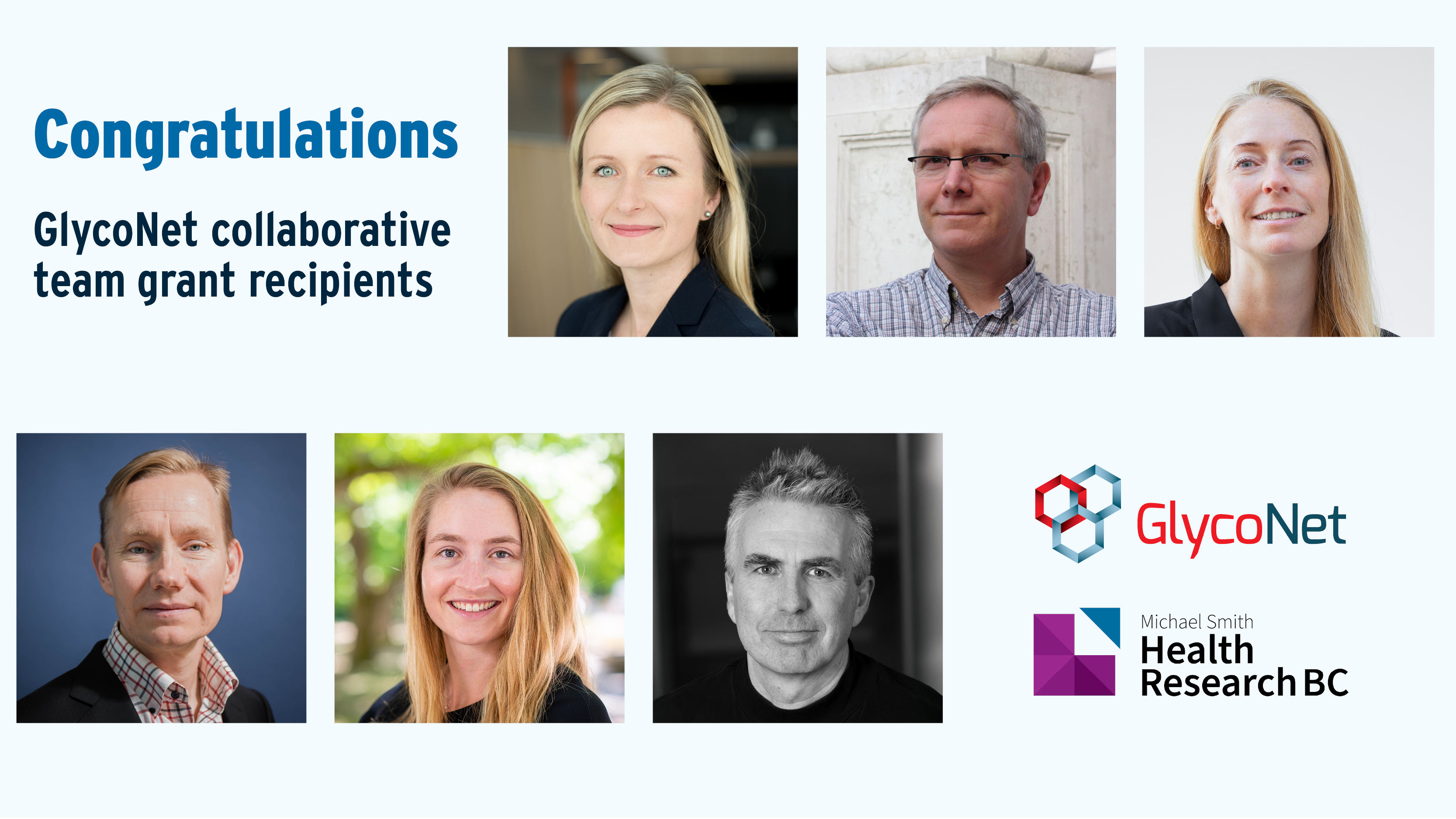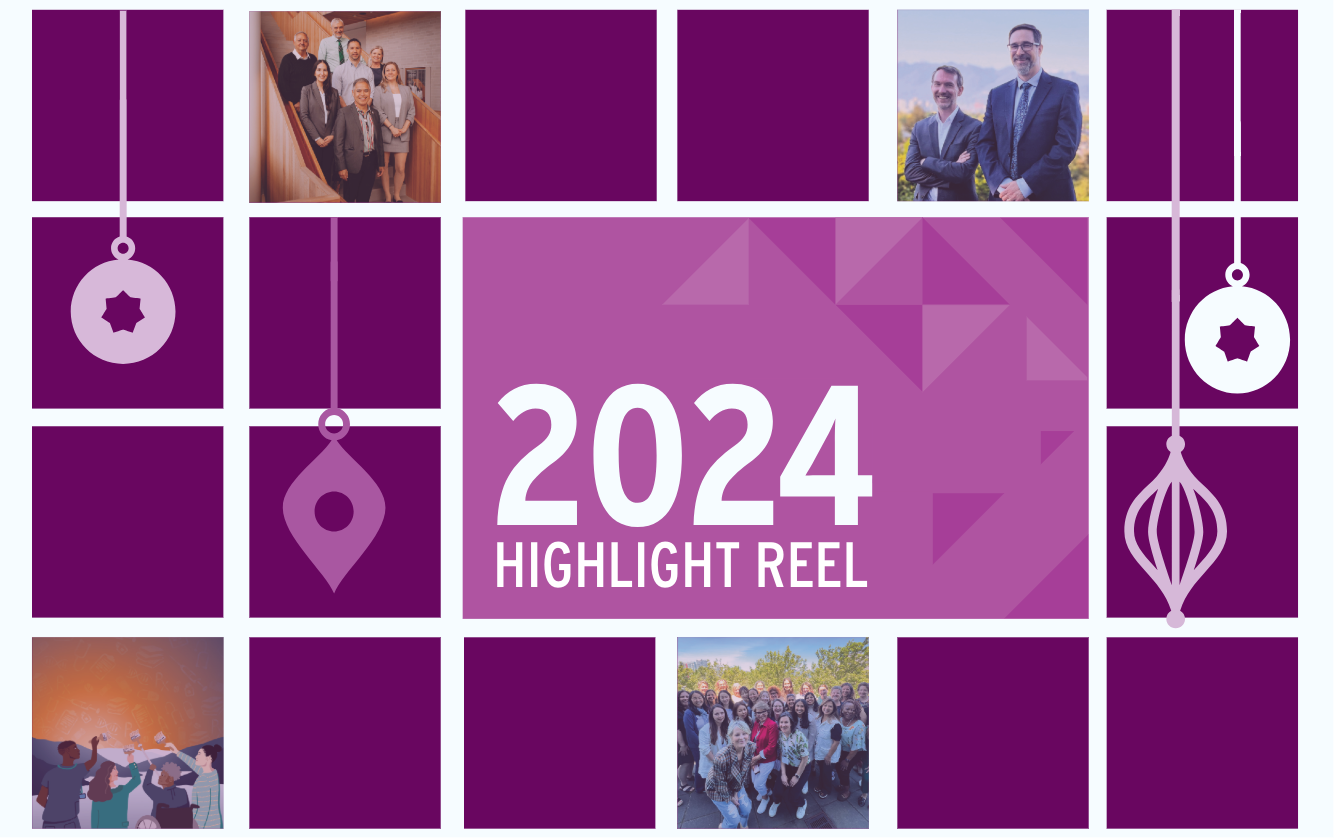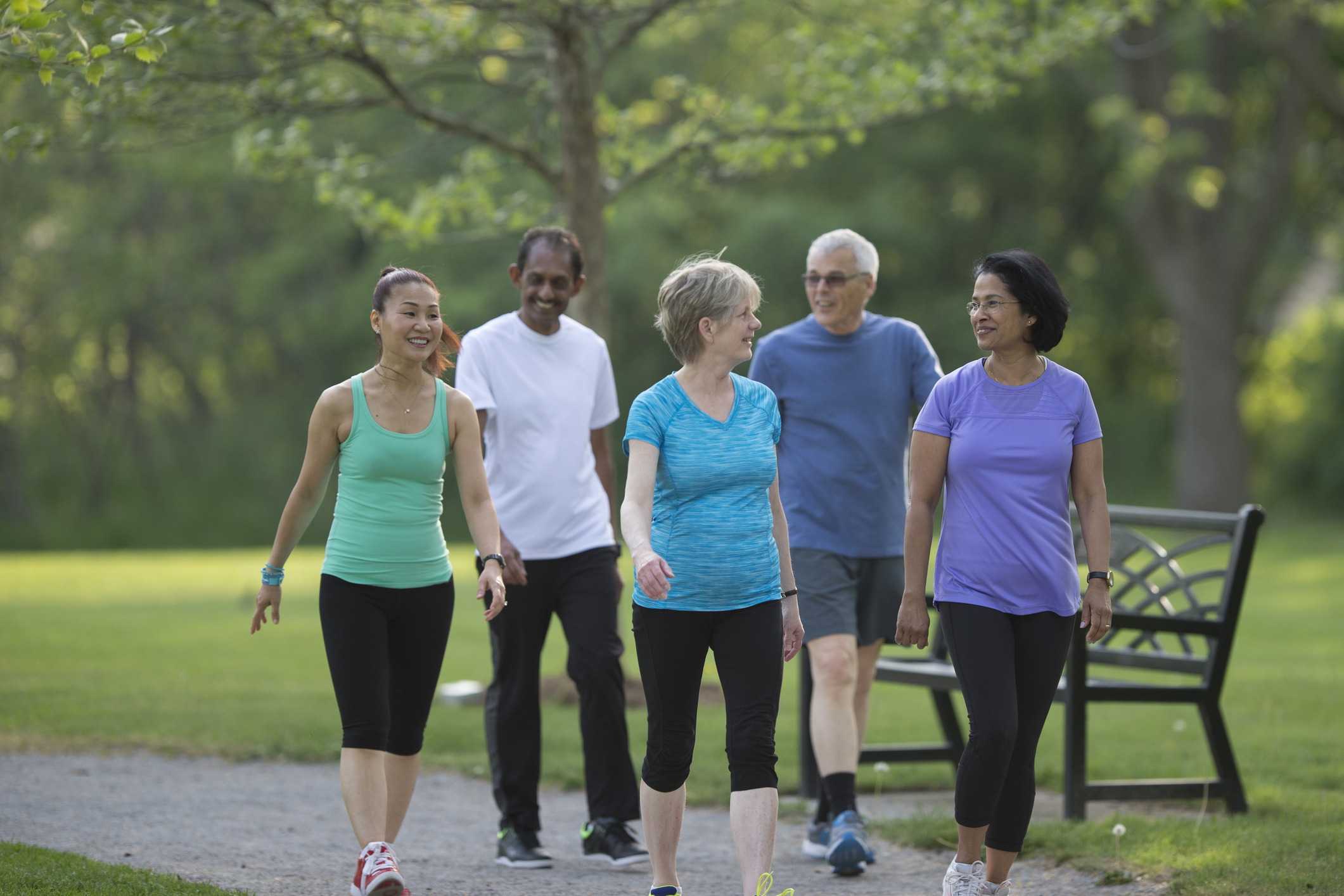Research Ethics Spotlight: Heather Fudge
9 May 2022

Every two months, Research Ethics BC’s Spotlight Series will sit down with a researcher who is on a research ethics board to learn more about their career accomplishments, what their research interests are, why they think research ethics are important, and their advice to those interested in research ethics.
For our inaugural Q&A, we bring you Heather Fudge, a retired clinical nurse specialist who has had a fascinating 45-year career in health care. Heather has worked across Canada in varied health care positions and as an educator. When she joined research ethics, she didn’t know much about it, but thought it was interesting. Today, she strongly recommends it and calls the work rewarding. Heather is currently Chair of the Island Health Research Ethics Board. Below is the interview with Heather.
Tell us a little bit about yourself and your career?
I was a registered nurse for 45 years, and I retired five years ago. I have been very fortunate to have a really varied career. I’ve worked in a large city, large urban teaching hospitals, and in small rural hospitals. I’ve been an educator at the University of Alberta, Nunavut Arctic College, and Okanagan College. And then probably the last 13 years of my career, I’ve been in the area of seniors’ care and geriatrics. I was a manager of a long-term care facility in the Okanagan and then in the last five years, I was a clinical nurse specialist in seniors’ health for Island Health.
I’ve taken care of people when they’ve come into the world and I’ve been fortunate to be there with people when they leave the world and everywhere in between. So I really do consider myself fortunate that I’ve been able to have such a varied and interesting career.
Who or what led you to get involved in research ethics?
I have been involved since 2012 with our Behavioural Health Research Ethics Board at Island Health and I have been on the Island Health Research Ethics Board for four years. Initially one of my colleagues was a member on the research ethics board and when her term was ending, she asked me if I would like to apply. I did.
I really didn’t know anything about it, just thought it sounded interesting. It sort of fit in with my role as a clinical nurse specialist, so I signed up. And, it’s been a really incredible experience.
On both our boards we have people who work in health care, but we have people external to health care and so it’s just really interesting to get such a diverse world view of health issues and research studies.
Why is research ethics important?
I was in health care for 45 years. So I’ve seen huge strides and huge positive changes in medications, surgical techniques and care approaches over the years, and I’ve benefited from them because they’ve made my life easier when taking carpeople. So I think it’s important to continue to support research ethics and then I’m also really interested in a behavioural point of view. It doesn’t matter how good the care is, it can always improve. There are always ways of improving or changing or adapting to the times so I think it’s really important that patients, residents, clients get the best care possible. They have the best chance possible to either cure their illness or manage it well so that they are comfortable and as happy as they can be.
Tell us about research you’ve conducted or the kind of research that interests you the most.
I’ve been involved in research projects over the years in my clinical role, but I’m now mainly interested in seniors’ research, especially in dementia. The pharmaceutical research that’s going on to look at treating or managing conditions such as Alzheimer’s, because unfortunately what’s been developed so far is not very effective. But there’s always hope. There are lots of different approaches coming up and I’m also more interested in looking at the best behavioural approach to taking care of people with dementia, and the best way to help them and their families cope and live as good a life as they can.
What would you say is your proudest professional achievement to date?
I honestly think that any time a patient, resident, client, student, family member, or a colleague has thanked me or told me that I made a positive difference or that I made an impact, that really makes me feel good. It makes me feel that what I’ve done is worthwhile and that what I’m doing is the right thing. In terms of something more tangible, when I worked in Iqaluit with Nunavut Arctic College, we started a Bachelor of Science and Nursing Program in conjunction with Dalhousie University and it was geared towards mainly Inuit people and the kind of nursing that is prevalent in the north, which is quite different from other places. There are far fewer physicians. A lot of health care is provided at nursing stations, community health centres… I was the coordinator for the program, so I actually started the program… I nurtured those students along and then they entered the first year of the nursing program. And it was things like starting up a nursing lab, buying the equipment to start up the nursing lab, starting up a library, hiring staff, creating curriculum for the first year and part of the second year, trying to make sure that it reflected the culture and the health care landscape. That was a pretty special moment in my life.
It was a lot of working very intimately with the Inuit students. It wasn’t just school work, but also encouraging them, supporting them through challenges at home. I was very proud of them because they had a lot of strikes against them and they were all determined to go on and be nurses. Moreso than starting the program, I was proud of getting those first students into the program.
I think it’s really important to have people who truly understand the culture to take care of you. People who can speak the same language to take care of you. People who’ve had the same life experiences… lived in a community experiencing harsh socio-economic conditions, I think that they are certainly going to be better nurses there because they understand more how to relate.
What advice would you give to those interested in getting involved in research ethics?
I think doing it. When I first joined years ago, it was very intimidating. I hadn’t done anything in research ethics before. I work on two ethics boards that are entirely different, but such wonderful people on them. I mean, these are people who are taking time out of their full-time jobs or their lives to do something extra. It’s something that they believe in.
I think just do it. Don’t worry about whether you’re smart enough or experienced enough; they wouldn’t ask you to be on the board if you didn’t have something that they need.
It’s so incredible to hear about all these different studies that are going on with researchers who are taking time out of their busy lives or using their own money… and just such a variety of research. It’s just really interesting and it’s exciting to know that this is is happening.
This work is rewarding because we need to have research ethics. We need to always continue to look at how to do things better or different and we need to protect the participants of those research studies and so ethics is a really important way of ensuring that people have access to research studies and their rights are going to be protected.
I think it helps researchers develop better studies… when we do reviews and we have provisos or we recommend they do this and that, it enhances their research methods so that their results are more reliable.





